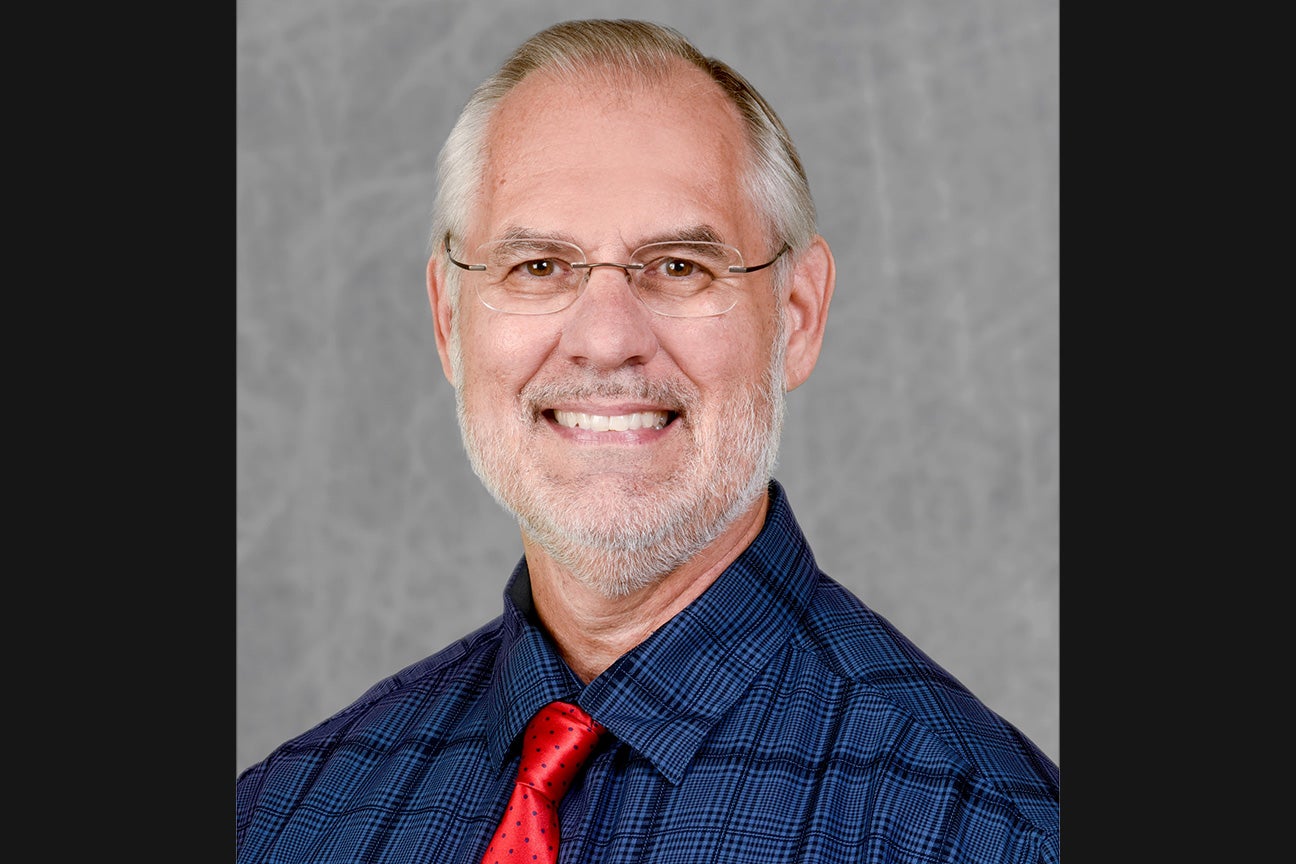Guest Opinion: If you value essential workers, raise the minimum wage
Published 7:28 pm Wednesday, July 29, 2020
|
Getting your Trinity Audio player ready...
|
By Holly Sklar
Every day in these hard times, grocery workers and delivery drivers, healthcare aides and cleaning staff, childcare workers and fast food cooks, go to work for $7.25 an hour, the federal minimum wage. It’s been $7.25 since July 24, 2009. That’s 11 years without an increase – the longest period in history without a raise.
Some people say we can’t raise the minimum wage now because times are hard. Well, if we hadn’t raised the minimum wage in hard times, we wouldn’t have a minimum wage to begin with.
The federal minimum wage was enacted in 1938 during the Great Depression to put a floor under wages nationally and boost the economy by increasing consumer purchasing power.
President Franklin Roosevelt called the minimum wage “an essential part of economic recovery.” He said millions of workers “receive pay so low that they have little buying power. Aside from the undoubted fact that they thereby suffer great human hardship, they are unable to buy adequate food and shelter, to maintain health or to buy their share of manufactured goods.”
The minimum wage reached its high point in buying power back in 1968, when it was worth $12.06 in today’s dollars, according to the U.S. Bureau of Labor Statistics Inflation Calculator.
Minimum wage increases have been too little, too late to keep up with the rising cost of living, much less provide workers a fair share of economic growth since the 1960s.
The federal minimum wage amounts to just $15,080 a year for full-time work. Millions of people working for low pay at the minimum wage and above it couldn’t make ends meet even before the COVID-19 pandemic hit.
Local businesses depend on local customers who make enough to buy what they are selling – from food and clothes to haircuts and car repairs. Raising the minimum wage will give needed raises to workers who will then have more to spend as customers.
Consumer spending makes up about 70% of our economy. Raising pay at the bottom is a very efficient way to lift the economy since it puts money in the pockets of people who most need to spend it.
Many businesses support raising the minimum wage. They have seen the benefits of higher pay in lower worker turnover, reduced hiring and training costs, lower error rates, increased productivity and greater customer satisfaction. They know it will increase consumer spending and help level the playing field.
“People can’t spend money at local businesses like mine if they don’t have it, which is why raising the minimum wage is all the more important now,” says Michael O’Connor, a barbershop owner in Pennsylvania, where the minimum wage is still $7.25.
Keeping the minimum wage stuck in the past will not help small businesses compete with big businesses during and after this pandemic. Costco, Amazon and Target already pay a $15 minimum wage throughout the country.
If small businesses are to survive and grow, they will need employees who want to work for them and customers who want to buy from them – whether they are ordering for delivery or coming in the store. Decent wages and good customer service will be even more crucial.
We can’t say we value people’s work and not pay them enough to live on.
The U.S. House of Representatives passed the Raise the Wage Act in 2019, which would gradually increase the federal minimum wage to $15 by 2025. That gives businesses five years to phase in a wage that Costco, Target, Amazon, Organic Valley, Dr. Bronner’s, Illegal Pete’s restaurants, ECOS, Room & Board, and many other businesses large and small already pay or surpass today.
It’s time for action in the Senate – and for more action in the states.
We’re in a generation-defining crisis. Raising the minimum wage is essential – along with measures such as grants to small businesses to make it through the pandemic and increased government purchasing from small businesses going forward.
Working together we can save lives, save livelihoods and build a shared recovery.
Holly Sklar is the CEO of Business for a Fair Minimum Wage.
FOR MORE COLUMNS AND LETTERS TO THE EDITOR, CHECK OUT OUR OPINION SECTION HERE.
ALSO OF INTEREST:
Op-Ed: Congress needs to act now and extend unemployment benefits for struggling workers





